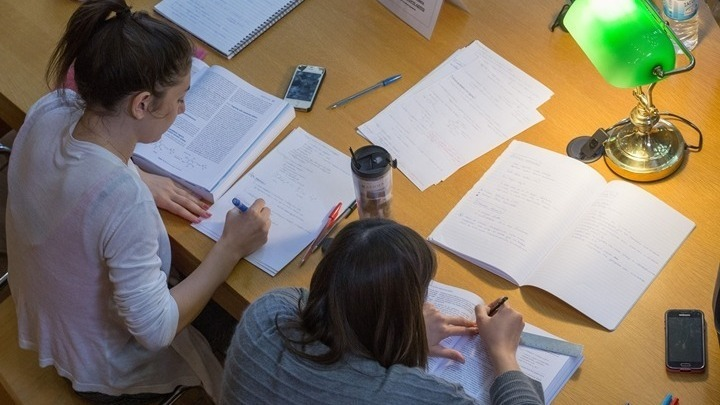Chilling testimony of a woman about the moments she lived in a Nazi camp
Her descriptions of the conditions in the Bergen-Belsen camp are shocking – ‘Life was horrible, people were dying all the time’
The memories that sealed her mind and soul, at the tender age of three, when she found herself in the camp Bergen Belsenunfolded today, on the sidelines of the memorial event at Holocaust Memorial of Jews her Thessaloniki in Eleftherias Square, Rina Barzilai Revach, one of the hostages at Nazi concentration camps.
“I was in the camps at a very young age. My memories, the ones I have said, are poor, they are few from a child of three, four years old, but they are indelible” were her first words, before she began to describe the memory that, she says, she remembers more than anything she just did . yesterday.
“I was in the camp, I was sick all the time and I was coughing and I was in the third bed because the beds were on top of each other and there was a little skylight up there. Opposite was a labor camp and I was fooling around all day. One day there came a big cart, very big, with high wooden sides, it was pulled by horses and two workers underneath were throwing naked corpses of workers into the cart, because they had to distinguish the living from the dead. When the cart was filled with corpses, an officer stepped up with a long big black well-polished boot and started jumping on the corpses for others to sit and separate.. I don’t know what I understood but I started to cry and the sick ladies who were there, because everyone else was leaving for work – forced labor -, were trying to find some sugar to give me, which wasn’t there,” he said. She noted, after all, that there were not many children in the camp as she only remembers one other little girl a little older than her.
Regarding the prevailing conditions he commented that the Bergen Belsen camp was not a camp with gas chambers but a forced labor camp. “Life was horrible, people were constantly dying of typhoid, of starvation, of very bad living conditions and it had a crematorium for the bodies, but no gas chambers,” he added.

She noted that she was at the camp with her parents. “My parents survived. It was a very large family of which most were lost. Fortunately, my mother, father, grandfather and grandmother on my mother’s side survived,” he said. The family’s adventure in the camp ended after two years, while those who remained returned to Thessaloniki in 1945.
For what she remembers from her childhood, Mrs. Rina Barzilai Revach noted: “I had been asked if I had toys. I didn’t even know what games were then. I never played with a doll. I didn’t even know what a doll meant. And when we came back I was playing with the mud.”
This is what Mrs. Revach said and a little later she laid the first wreath at the memorial event for the victims of the Holocaust, as a representative of the surviving members of the Israeli Community of Thessaloniki.







